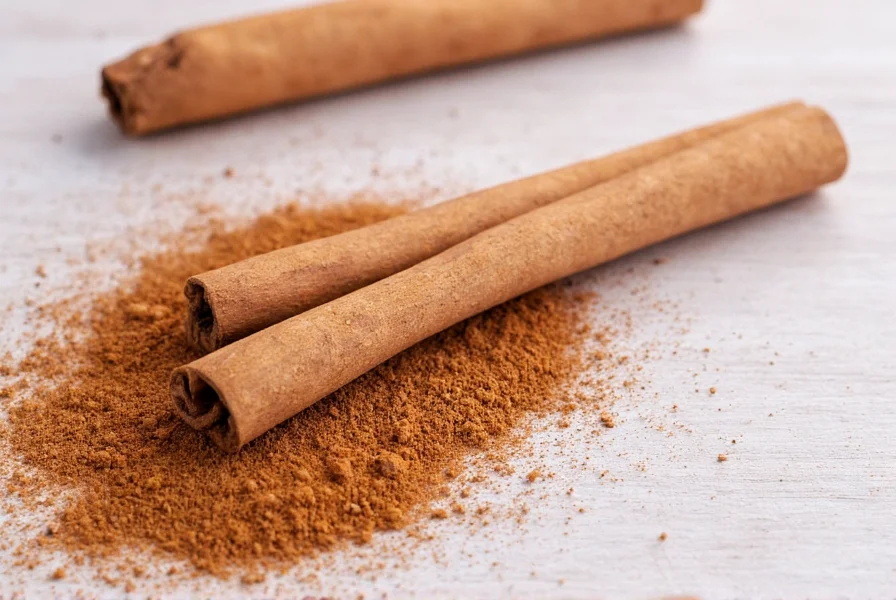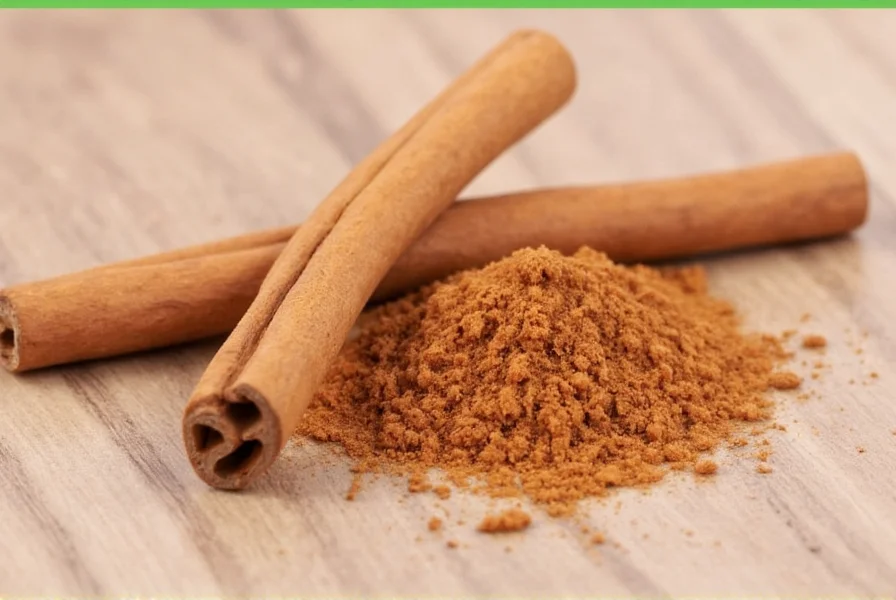Cinnamon spray has gained popularity as a safe, natural alternative to chemical pesticides in homes and gardens. This versatile solution leverages the powerful properties of cinnamon, one of nature's most effective insect deterrents. Research published in the Journal of Economic Entomology demonstrates that cinnamon oil can repel and even kill common household pests like ants, cockroaches, and mosquitoes through its active compound cinnamaldehyde.
How Cinnamon Spray Works Against Pests
The effectiveness of cinnamon spray stems from its biochemical properties. Cinnamaldehyde, which makes up 60-90% of cinnamon bark oil, interferes with insect sensory receptors and nervous systems. When sprayed along entry points, it creates an invisible barrier that pests cannot cross. Unlike chemical pesticides, cinnamon spray doesn't kill insects on contact but rather deters them from entering your space, making it a humane pest control method.

Common Applications of Cinnamon Spray
Cinnamon spray serves multiple practical purposes in household management. The most scientifically supported use is for ant control, where it effectively disrupts pheromone trails that ants use for navigation. Homeowners report success using cinnamon spray around windows, doors, and kitchen areas to prevent ant infestations. It also shows promise against fruit flies, spiders, and even rodents, though research on these applications is less extensive.
Additionally, cinnamon spray functions as a natural air freshener with antimicrobial properties. When properly diluted, it can safely freshen rooms while potentially reducing airborne bacteria. Some gardeners use diluted cinnamon spray as a mild fungicide for plants, though concentration must be carefully controlled to avoid plant damage.
Creating Effective Cinnamon Spray at Home
Making cinnamon spray requires minimal ingredients and equipment. The most effective formulation uses cinnamon essential oil, which contains concentrated cinnamaldehyde. Here's a research-backed recipe:
| Ingredient | Amount | Purpose |
|---|---|---|
| Cinnamon essential oil | 10-15 drops | Active pest-repelling compound |
| Distilled water | 1 cup | Solvent base |
| 91% isopropyl alcohol or vodka | 1 tablespoon | Emulsifier to blend oil and water |
Combine ingredients in a glass spray bottle (plastic may degrade with essential oils), shake well before each use, and apply to problem areas. For a stronger solution against severe infestations, increase oil to 20 drops. Reapply every 3-4 days or after cleaning surfaces, as water-based solutions evaporate.
Safety Considerations and Limitations
While cinnamon spray is generally safer than chemical pesticides, proper usage is essential. Cinnamon essential oil can cause skin irritation in sensitive individuals and should be kept away from eyes. The solution is safe around children and pets when used as directed, but concentrated oil should never be applied directly to skin or ingested.
Important limitations to understand: cinnamon spray works as a repellent, not a killer. It prevents pests from entering areas but won't eliminate existing infestations in walls or foundations. For severe pest problems, professional pest control may still be necessary. The spray's effectiveness diminishes with time and moisture, requiring regular reapplication.
Comparing Effectiveness to Alternative Solutions
Research comparing natural repellents shows cinnamon spray performs favorably against many common household pests. A 2020 study in Insects journal found cinnamon oil repelled 85% of Argentine ants in laboratory conditions, outperforming many other essential oils. However, it's less effective against certain pests like bed bugs, where professional treatment is recommended.
Compared to commercial chemical pesticides, cinnamon spray offers the advantage of being non-toxic and environmentally friendly, but requires more frequent application. It's particularly valuable for households with children, pets, or individuals with chemical sensitivities who need safer pest management options.
Practical Implementation Tips
For optimal results when using cinnamon spray:
- Apply along baseboards, window sills, and door frames where pests typically enter
- Focus on areas with visible pest trails, as cinnamon disrupts their communication
- Reapply after rain or cleaning, as moisture removes the protective barrier
- Combine with other natural methods like sealing entry points for comprehensive protection
- Store in a cool, dark place to maintain potency of the essential oil
Remember that prevention is key in pest management. Regular cleaning, proper food storage, and eliminating standing water complement cinnamon spray's effectiveness. While not a miracle solution, when used correctly as part of an integrated approach, cinnamon spray provides a valuable tool for natural household pest control.
Does cinnamon spray actually work for ant control?
Yes, scientific research confirms cinnamon spray effectively repels ants by disrupting their pheromone trails. Studies show cinnamon oil creates a barrier ants won't cross, making it particularly useful for preventing ants from entering your home. However, it works as a repellent rather than a killer, so it prevents new ants from entering but won't eliminate established colonies inside walls.
How often should I reapply cinnamon spray for maximum effectiveness?
For optimal results, reapply cinnamon spray every 3-4 days or immediately after cleaning surfaces or rainfall. The water-based solution evaporates over time, and cleaning removes the protective barrier. During active pest seasons or in high-moisture areas, you may need to apply it every 2-3 days to maintain effectiveness.
Can I use ground cinnamon instead of essential oil to make spray?
While you can create a spray with ground cinnamon, it's significantly less effective than using cinnamon essential oil. Ground cinnamon requires boiling and straining, produces a weaker solution, and can clog spray bottles. Essential oil contains concentrated cinnamaldehyde (60-90%), the active compound that repels pests, making it the preferred choice for effective, long-lasting results.
Is cinnamon spray safe to use around pets and children?
When properly diluted (10-15 drops of essential oil per cup of water), cinnamon spray is generally safe around pets and children. However, avoid direct contact with skin or eyes, as cinnamon oil can cause irritation. Keep pets and children away from freshly sprayed areas until dry, and never use undiluted essential oil. The solution should not be ingested, so avoid spraying directly on food preparation surfaces without thorough cleaning afterward.
What pests is cinnamon spray most effective against?
Cinnamon spray shows the strongest scientific evidence for repelling ants, particularly Argentine ants and common household ants. It also demonstrates effectiveness against cockroaches, fruit flies, and spiders. Research indicates varying effectiveness against mosquitoes and rodents. It's generally not effective against bed bugs or termites, which require professional pest control methods for elimination.











 浙公网安备
33010002000092号
浙公网安备
33010002000092号 浙B2-20120091-4
浙B2-20120091-4